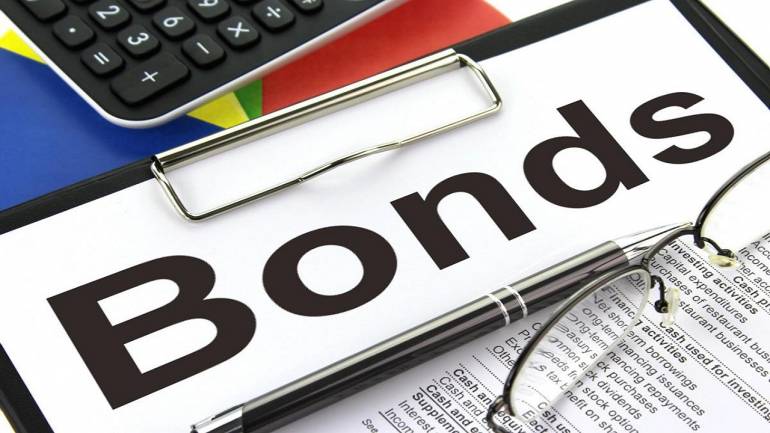Amidst a persistent decrease in the value of the naira, buyers in the international debt market were drawn to the average yield on Nigeria’s bonds denominated in US dollars.
The strong demand for foreign currencies, particularly the US dollar, which seems to be the most popular currency in Africa, has caused the Nigerian local currency to lose a lot of ground in the foreign exchange market.
Despite the government’s persistent efforts to accelerate economic plans and policies, the system’s inherent deterioration over time has remained a hindrance to the realization of economic success for the largest country in Africa in terms of GDP.
Nigeria’s inflation rate peaked at 27.33%, according to October readings from the local statistics office. To combat the hydra-headed ugly headline inflation rate, the monetary policy switched to tightening with successive increases in benchmark interest rate hikes.
The monetary policy rate in Nigeria peaked at 18.75% as the apex bank moved to reduce instability in the price level. This has failed, like other policies and analysts are expecting consumer inflation to climb further throughout the year.
With an expectation that the renewed hope agenda would achieve results as Nigeria’s new president Bola Tinubu embarked on tough economic reforms, foreign investors have sometimes halted their risk-off sentiment on Nigeria’s Eurobond.
In Nigeria’s sovereign Eurobonds market on Wednesday, buy sentiment was evident across the short, mid and long ends of the curve as the average yield retreated by 5 basis points to settle at 10.53%, Cowry Asset Limited told investors in an email.
In the local bond market, trading activity was mildly bullish, due to yield reduction in the APR-37 and JUN-38 FGN papers, thus dragging the average yield on FGN Bonds lower by 2bps to 15.59%.













